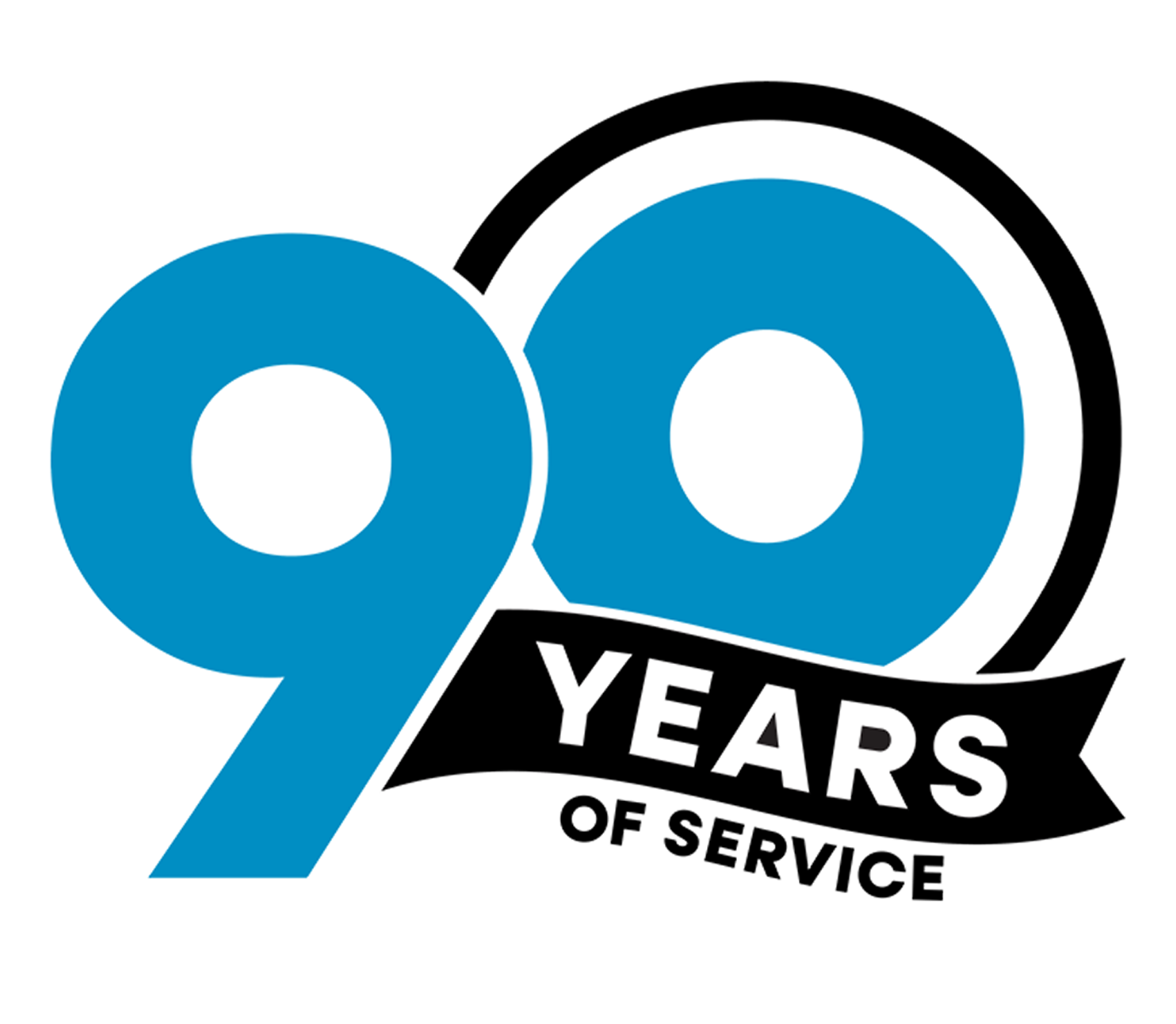Most of us have felt it. It’s that tight feeling in your chest when you check your account balance. The racing thoughts when an unexpected bill hits. The sleepless nights wondering how you’ll make it all work. Money stress is real, and you’re definitely not alone.
In fact, according to the American Psychological Association (APA), money is one of the top causes of stress for adults in the U.S. And, whether it’s trying to keep up with inflation, managing debt, or worrying about the future, financial pressure can take a serious toll on your mental and physical health.
You’re Not Just Imagining It
Financial stress can impact both your physical and mental well-being. Most notably, it can lead to:
- Anxiety or depression
- Headaches or trouble sleeping
- Irritability and mood swings
- Tension in relationships
- Substance abuse
- Chronic health conditions like high blood pressure and heart disease
The kicker is, when you’re under constant stress, it’s even harder to make clear, confident decisions—especially about money. It’s a frustrating, overwhelming cycle, but there are ways to break it.
It’s Okay to Ask for Help
One of the hardest parts of money stress is feeling like you have to deal with it alone. But support is out there—and it can make a huge difference. Here are a few options to try:
1. Talk to someone you trust
Sometimes, just saying things out loud helps lift the weight off your shoulders.
2. Look into financial counseling
Many nonprofit organizations—both local and national—offer free or low-cost help. Explore the Financial Wellness resources at 211info.org or seek out debt management services through the State of Oregon. These registered services provide support with budgeting, debt consolidation, and credit issues, all with state-regulated fees.
3. Join a financial education class or workshop
Lots of libraries, financial institutions, and nonprofits offer free or low-cost classes on budgeting, saving, and debt management. Learning alongside others can help normalize your experience and give you practical tools to feel more in control of your money.
4. Explore online communities or forums
There are supportive spaces online where people share their money wins, frugal tips, and budgeting struggles. Joining a community—even anonymously—can remind you that you’re not alone and that progress is possible. Just be cautious about sharing personal information, and watch out for anyone offering financial “quick fixes” or asking for money—if it sounds too good to be true, it probably is.
5. Check if your employer offers an Employee Assistance Program (EAP)
Many workplaces offer EAPs that include access to free or low-cost financial counseling, budgeting help, or stress management support. These confidential resources are designed to help employees navigate challenges—including money stress—without judgment.
6. Reach out to your credit union
We’re here to listen, not judge. Whether you need help creating a budget, exploring your options for managing debt, or just figuring out your next step—we’re on your side. Maps members can also access free financial counseling through GreenPath Financial Wellness, an organization designed to help people build financial health and resiliency. Their NFCC and HUD-certified counselors give you options to manage credit card debt, student loans, and homeownership.
Small Steps Make a Big Impact
The first step in dealing with money stress is to practice a little kindness with yourself. Shame and self-doubt create a self-reinforcing cycle that can hinder efforts to improve things. Start with one manageable step and remember: you don’t have to solve everything all at once. Keep it simple and kickstart things by:
- Checking your balance once a week
- Making a smaller budget for groceries
- Setting a spending limit when going out
- Pausing unnecessary or expensive subscriptions, or
- Automating a tiny transfer to savings—even just $1 a day or $5 a week.
For each step you take, celebrate the win. Though small, those steps build confidence and bring peace of mind. Along the way, remind yourself that money is a tool, not a measure of your worth. It’s okay to struggle. It’s okay to ask for help. Above all, it’s okay to take things one day, one decision, one dollar at a time.
You’ve got this—and, if you need us, we’re here to help.
Want more financial wellness tips?
- Check out our post on the psychological impact of debt.
- Take a quiz to discover your budget personality.
- Learn how to protect your finances through mindfulness.

